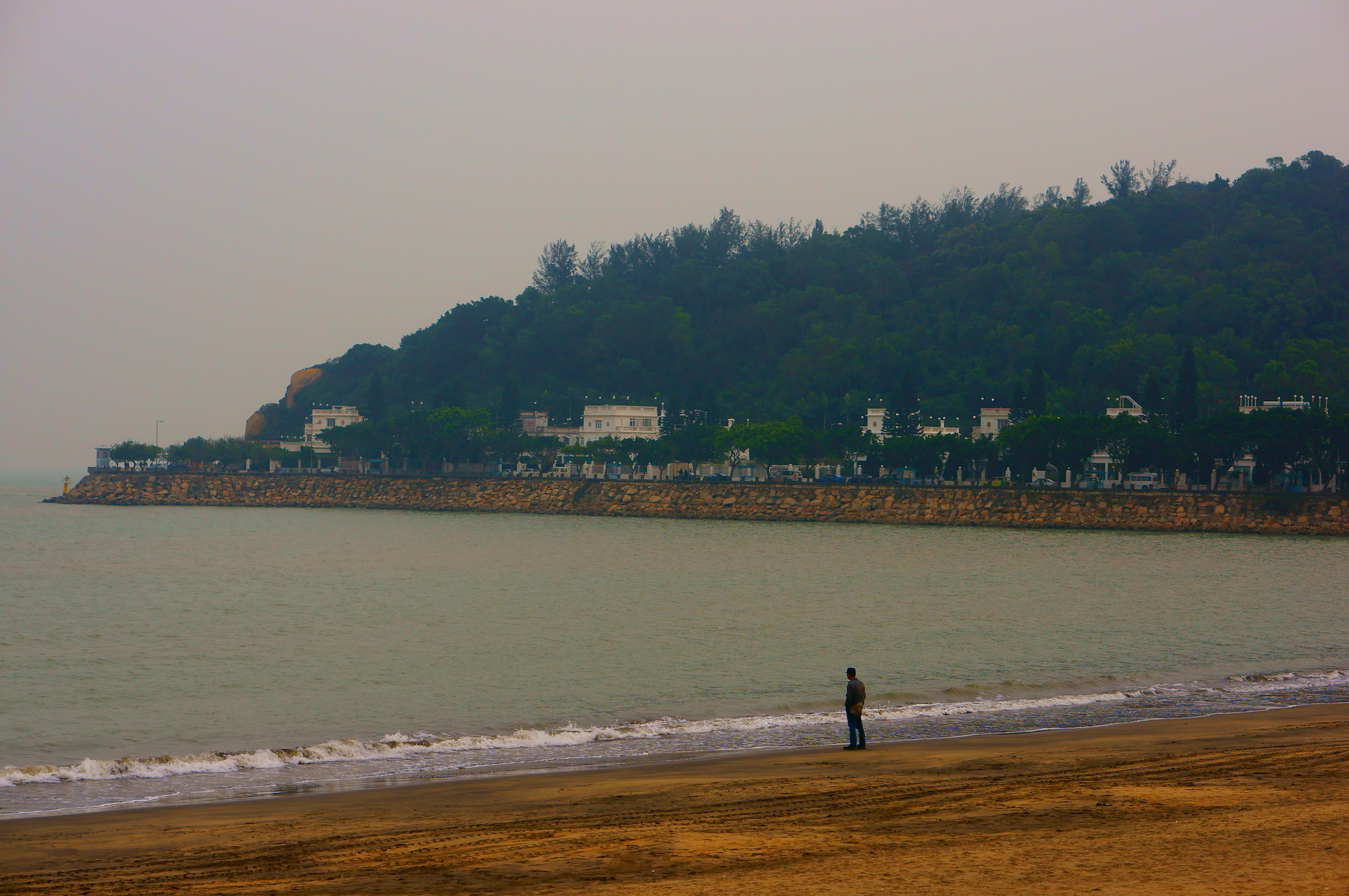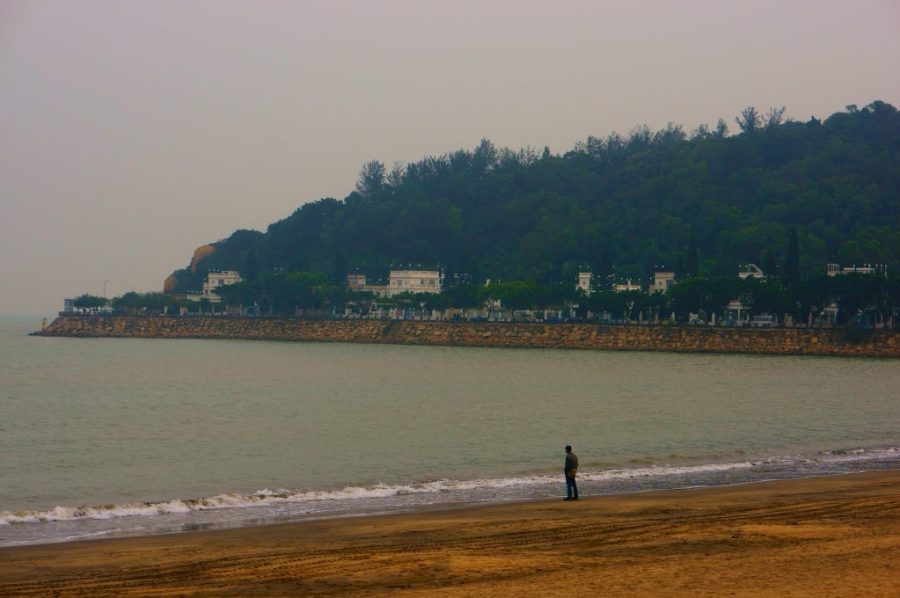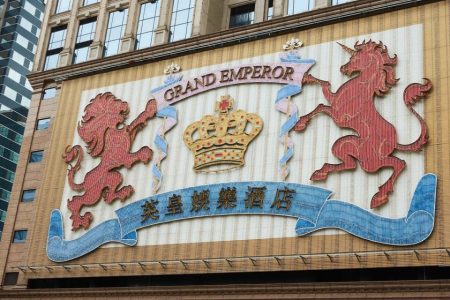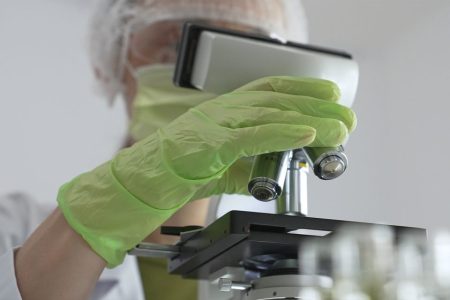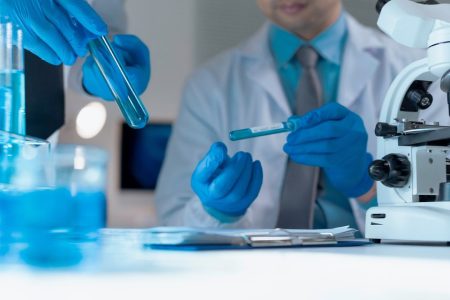The Environmental Protection Bureau (DSPA) has rejected the notion that bacterial infections recently linked to Coloane’s beaches have anything to do with Macao’s sewage treatment plant, the Macau Daily Times reports.
Last month, local media reported that two residents were admitted to hospital with necrotising soft tissue infections after coming into contact with dead fish at Cheoc Van and Hac Sa beaches.
In both cases, doctors found evidence of the life-threatening bacterium ‘Vibrio vulnificus’.
Vibrio vulnificus naturally occurs in warm coastal waters, as well as in fish and shellfish. Recent studies have found that sewage spills can have a significant impact on the levels of this bacterium – increasing the risk to public health.
However, the DSPA told the Macau Daily Times that the recent infections were “not related to the discharge of sewage from the wastewater treatment plants.”
[See more: Health officials urge residents to get jabbed as flu cases rise]
“[The DSPA] dispatches personnel to regularly inspect the environmental situation along Macao’s coast. If any abnormal circumstances are discovered, the relevant departments will be notified through the existing mechanism for coordinated follow-up,” its statement read.
Earlier this month, the Marine and Water Bureau (DSAMA) confirmed it was aware of the reported Vibrio vulnificus infections and was actively removing any dead fish from the beaches as quickly as possible.
The DSAMA also said there had been no noticeable increase in the number of dead fish washing up on Macao’s beaches.
Both Vibrio vulnificus patients are believed to be recovering from their infections.
